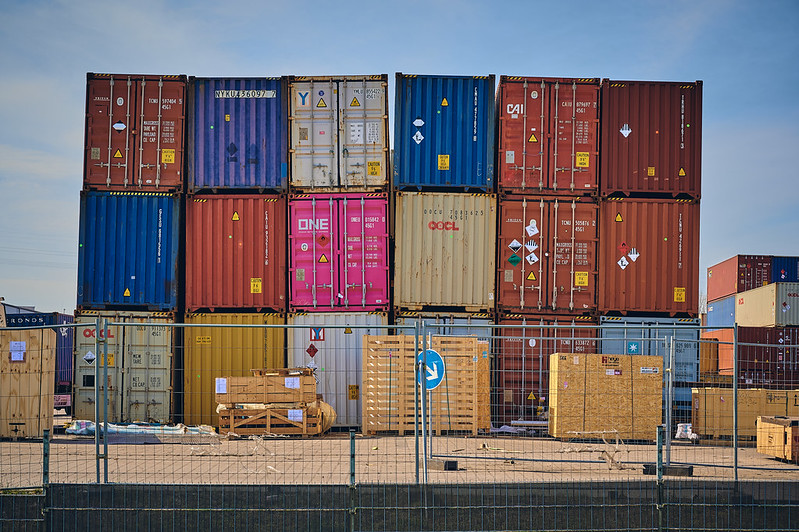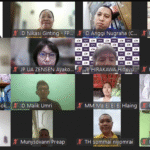Read this article in:
English
10 June, 2025Trade unionists across South East Asia recognized the vital role of human rights due diligence (HRDD) legislations in safeguarding workers’ rights, committing to actively participating in the process, making the legislation work for unions.
As rights holders, workers know the reality of their workplaces, they are in the best position to identify, address and prevent risks. Workers must be involved in designing and implementing due diligence policies at companies.
Trade unions should gather a pool of information and submit all violations into companies' whistleblowing channels, participate in multi-stakeholder initiatives, give briefing to investors, involve rights holders and educate government officials.
IndustriALL director of aerospace and automotive sectors Georg Leutert said:
“Workers’ rights are, and have to be, an integral part of companies' risk analysis. But they don’t always follow the same logic as we do. For us, freedom of association and collective bargaining are the basis of everything else: decent work, decent wages, equal opportunities, no child and forced labour, etc. This is why trade unions must engage with companies and support them in defining the ‘social’ in ESG, always insisting on the fundamental right to form a union and to enter into a bargaining agreement.”
Leutert made the statement at the online IndustriALL South East Asia regional seminar on human rights due diligence (HEDD) on 5 June. 55 trade unionists from Australia, Cambodia, Indonesia, Japan, Korea, Malaysia, Myanmar, Philippines and Thailand joined the meeting.
The seminar highlighted that HRDD legislation is still new and untested; trade unions must use it strategically to shift power balance and set precedents to the advantage of workers. Trade unions must understand where our power lies and keep communicating internationally.
IndustriALL campaigns director Walton Pantland stressed the importance of mapping supply chains and using corporate research to join the dots, identify pressure points and the best international instruments to be used. The instruments include global financial institutions and investor groups.
Participants exchanged experience on using various HRDD tools; safety and health issues at nickel mines in Indonesia, automotive industry in Thailand and the campaign for restoration of democracy in Myanmar by Korean unionists.
IndustriALL regional secretary for South East Asia Ramon Certeza said:
“HRDD cannot become another tick-box exercise for corporations—it must be a tool for real, enforceable change. And that change starts with us. As trade unions, we must understand the intricacies of the mechanisms and how to utilize them to effect change.”
IndustriALL assistant general secretary Kemal Ozkan said:
“No due diligence approach can claim to be credible without the full involvement of workers and trade unions to safeguard freedom of association, right of collective bargaining, and also health at safety diligence. Collective bargaining agreements, global framework agreements, and other negotiated documents are important tools for trade unions to achieve main objectives of promoting workers’ rights and interest.”
Photo: Matthias Weinberger, Flickr


